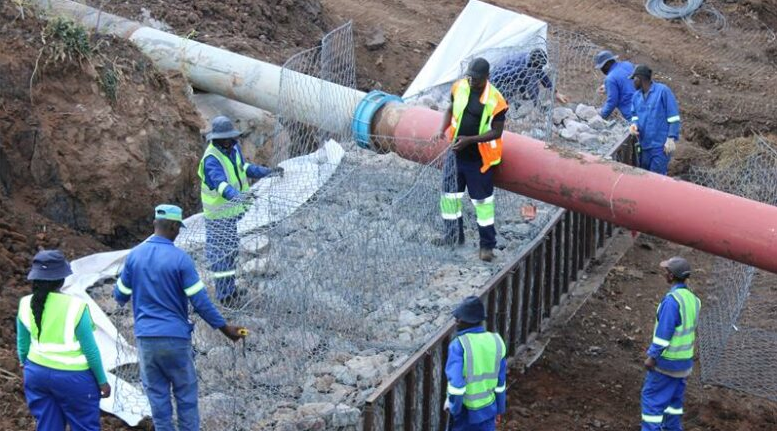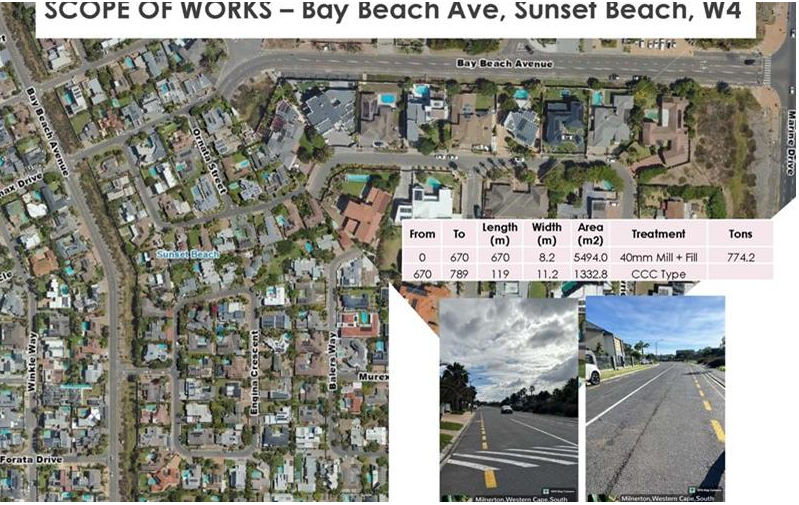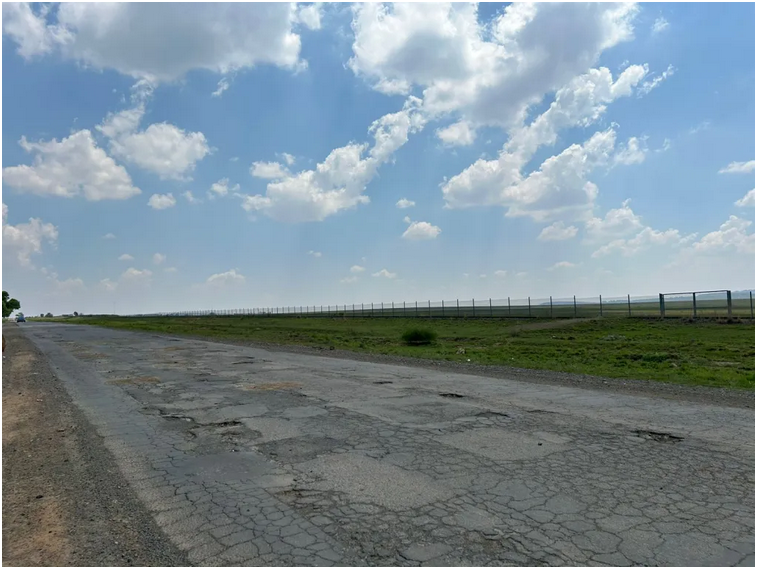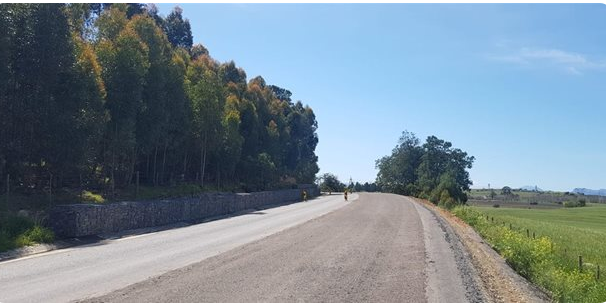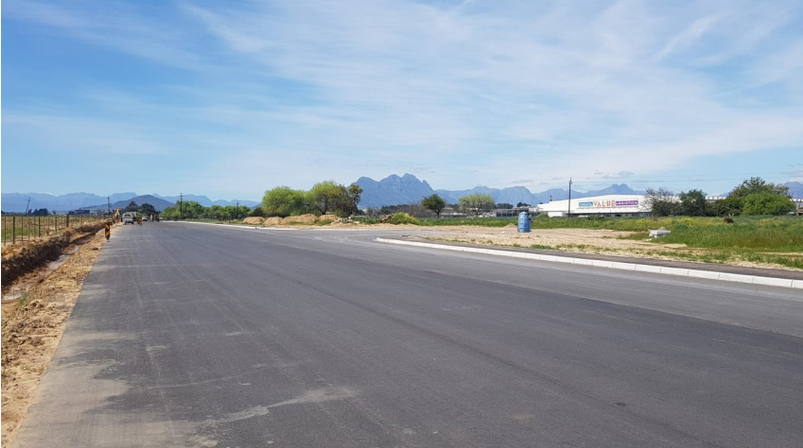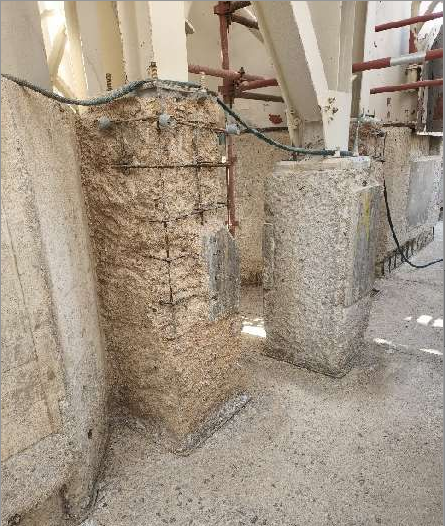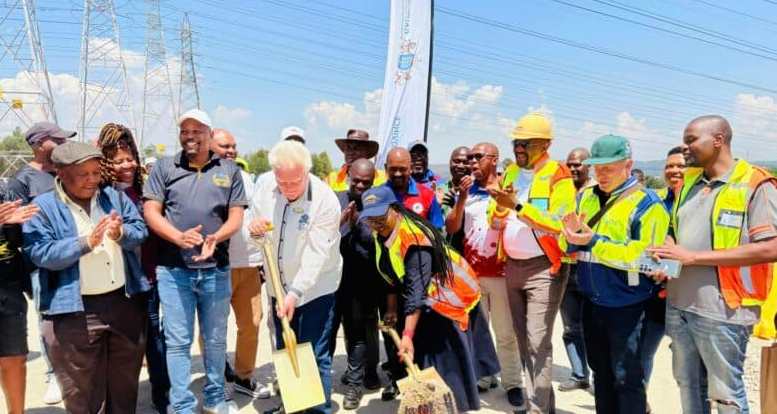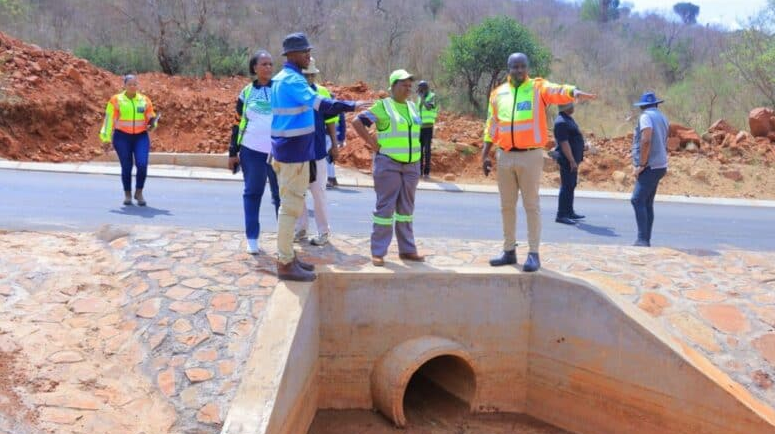80 tenders on ice as Sanral cans preferential procurement policy

Advertising
25-10-2023
Read : 492 times
News 24
Source
Sanral will now use the BEE scorecard to award tender points for empowerment.
But it means 80 tenders must go back to the drawing board.
Cancellation and readvertising of tenders have become a trend at Sanral.
The SA National Roads Agency (Sanral) has backtracked on its controversial preferential procurement policy on legal advice, with the consequence that 80 tenders must be readvertised.
The withdrawal, cancellation, and readvertising of tenders have become a trend at Sanral, which achieved only half its road targets in the last financial year. The decision had been taken with "much angst" the board said in a statement.
Sanral abruptly changed its preferential procurement scorecard without consultation with the industry in May. Three construction and engineering firms are litigating to have the policy set aside. A month ago, Sanral board chair Themba Mhambi doubled down, saying it would not be changed.
But advice from senior counsel now seems to have persuaded him otherwise. Said Mhambi:
The legal challenges to the new Preferential Procurement Policy have regrettably resulted in Sanral being prevented from proceeding with the processing of close to 80 tenders worth billions of rands, with significant negative consequences for the fulfilment of the constitutional and statutory mandate of Sanral. The board has decided to withdraw the Preferential Procurement Policy because of the negative impact of the court challenges.
Sanral has reverted to its previous preferential procurement scorecard based on the BEE scorecard. Under existing law, 10 or 20 points in 100 are allocated to preferential procurement depending on the size of the tender. Under this system, it was possible for all companies rated BEE Level 1 to receive the full 10 or 20 points for empowerment. Most construction firms have attained this rating, which can be achieved with as little as 25% black ownership as long as a company scores well on the other metrics.
The new scoring system increased the weighting of black ownership and the weighting given to subcontracting.
Black ownership of less than 51% received a zero, 51% to 70% was allocated one point in 10 or two in 20; black ownership of 70% to less than 100% was allocated two points in 10 or four in 20; and 100% black ownership five points out of 10 or 10 points out of 20.
Subcontracting 30% of the contract was allocated four points in 10 or eight points in 20 in the scoring of tenders. Level 1 on the BEE scorecard was allocated one point in 10 and two in 20.
Three firms – Haw & Inglis, WBHO, and Smec – are the applicants in the litigation.
In its founding affidavit, Haw & Inglis said that it was almost impossible to compete for tenders under the new system, which would result in it getting zero out of five for black ownership despite having black ownership of 32.7%.
Given the thin margins in the construction industry, H&I would need a profit margin of 5% less than the 100% black-owned firms to compete on price, it said.
Recent News
Here are recent news articles from the Building and Construction Industry.
Have you signed up for your free copy yet?
